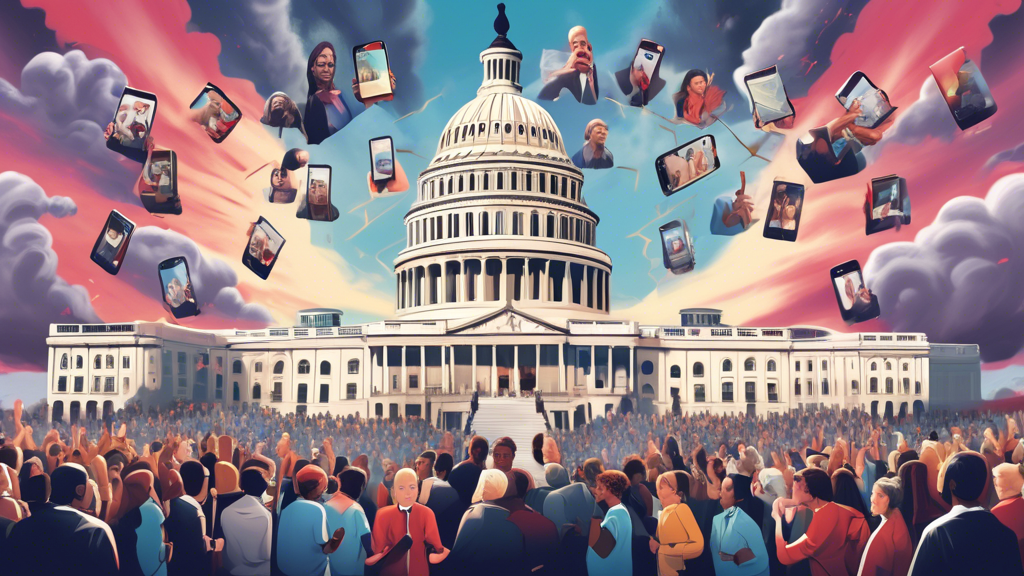Breaking: TikTok Ban Inches Closer to Reality In the US — House Passes Bill In Weekend Vote, Senate Vote Looms
In a significant development signaling heightened scrutiny over cybersecurity and data privacy, the U.S. House of Representatives has passed a bill in a weekend voting session that could lead to the imposition of a nationwide ban on TikTok, the wildly popular short-form video app owned by the Chinese company ByteDance. This legislative move marks a critical step toward what could become one of the most consequential actions against a major social media company in recent U.S. history, reflecting growing bipartisan concerns over the potential misuse of data and the influence of foreign-owned technology firms on American soil.
Details of the House Vote
The bill, which received support from both sides of the aisle, aims to address national security fears which have been looming for several years now. These concerns primarily revolve around the possibility of TikTok’s user data being accessed by the Chinese government, a claim that the company has consistently denied. In advocating for the bill, proponents argue that the potential risks associated with allowing TikTok to continue operating unchecked in the U.S. far outweigh the benefits, pointing to the need for rigorous measures to safeguard American data privacy and digital sovereignty.
What’s Next: The Senate Vote
The focus now shifts to the Senate, where the bill faces its next hurdle. While it’s unclear how quickly the Senate will act or whether it has the bipartisan support seen in the House, the urgency and concern surrounding TikTok’s operations suggest that a vote could come swiftly. If the Senate approves the bill, it will be sent to the President’s desk for final approval, bringing the possibility of a TikTok ban into sharp focus.
Advocates for the bill in the Senate have expressed confidence in its passage, citing national security as a top priority that transcends party lines. However, opponents of the ban argue that it could set a precedent for government overreach into the digital space, stifling innovation and infringing on users’ freedoms and rights in the digital age.
Implications of a Potential TikTok Ban
The impact of a nationwide TikTok ban would be far-reaching, affecting millions of American users who utilize the platform for entertainment, creative expression, and business. For many, TikTok has become a vital tool for marketing, networking, and community building, especially among younger demographics. A ban could also have significant economic implications, disrupting the influencer economy and affecting companies that rely on TikTok for brand promotion and customer engagement.
Moreover, the move could escalate tensions between the U.S. and China, adding a new dimension to the evolving tech cold war between the world’s two largest economies. As the U.S. takes a stand on TikTok, it will be closely watched by other countries grappling with similar concerns over data privacy and national security in relation to foreign-owned tech companies.
Conclusion
As the Senate prepares to weigh in on this pivotal issue, the future of TikTok in the U.S. hangs in the balance. The outcome will not only affect millions of users and creators but could also set a significant precedent for how the U.S. navigates the complex intersection of technology, privacy, and national security in the digital era. With the bill’s passage in the House, the stage is set for a debate that will delve deeply into the core of these critical issues, making the upcoming Senate vote a landmark event in the ongoing discourse on the power and perils of social media.

